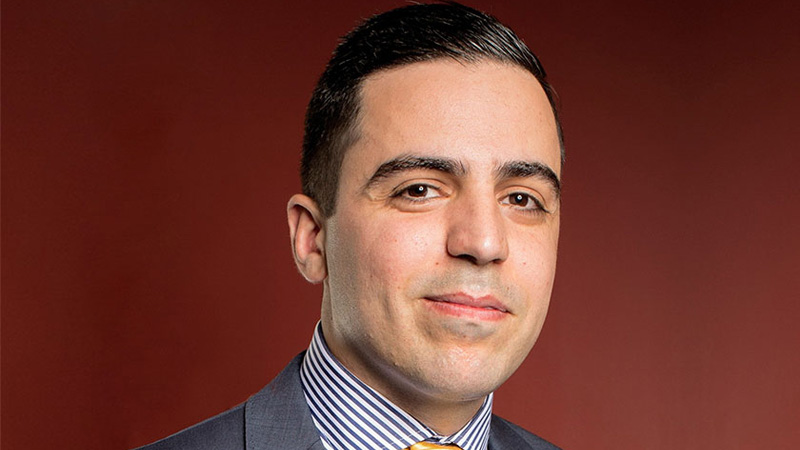SMSF audit industry to see ‘second wave’ of migration
The SMSF audit industry is likely to see another mass migration of SMSFs next financial year, with the independence regime still causing chaos for many firms.
Hayes Knight director Ray Itaoui said while the restructured APESB Independence Guide has now been in force for almost an entire year, issues with the audit process and quality of service provided by some audit firms is causing frustration for some SMSF practitioners.
As a result of some of these challenges, Mr Itaoui said he expects a large number of SMSF audits may move to a new auditor this year.
One of the biggest realisations by SMSF firms in the last year, he said, is that price should not be the main factor is selecting an auditor.
Firms that went with lower cost providers in some instances have found that there has been more work coming back to their own staff, he noted.
“In chasing the best price, some accountants have found that the turnaround time and service outcome was not what they expected. Additional staff costs have been one of the chief contributing factors to the dissatisfaction, as accountants' time is taken up managing the audit workflow.”
“What appeared to be the cheapest audit option has in fact often turned out to have additional charges imposed.”
Mr Itaoui also explained that service delivery has also been exacerbated by staffing issues and that some audit firms have taken on more work than they could handle.
“Some of the larger wholesale audit providers have tended to look after their bigger clients first, which I understand, but some of the smaller firms feel unloved,” he said.
“The smaller firms who are providing audits perhaps haven’t dealt with audits from external firms before and are struggling to keep up with the volumes. It's pretty chaotic out there.”
Firms that entered audit pool arrangements with other firms have also experienced challenges in some cases, he stated.
“If you have a group of firms in an audit pool that can meet the independence standards, they’re likely to have different expectations in terms of the quality levels of their work, the standard or audit, price expectations, and clients may have different turnaround expectations,” he noted.
“There’s all these variables when you have a group of different practices and many of these firms had never audited funds from other accountants. It's been a learning process for a lot of firms. Some have picked it up quickly, but others are struggling to adjust.”
Mr Itaoui said there could also be increases in audit fees next financial year with the audit pool continuing to shrink.
“The big four accounting firms have been snapping up SMSF auditors for their company audit divisions. They’re short on auditors and they’re just pulling auditors from everywhere, even if they’ve had no experience with companies,” he said.
“There’s a shortage out there, so a lot of auditors are planning on increasing their fees.”
For accountants considering changing auditors, Mr Itaoui said the focus should be on finding a quality SMSF-audit relationship.
“While price will be a relevant issue, decisions based solely on price are likely to not produce the end result accountants and their clients are after. Ensuring adequate capacity is in place is essential to a productive audit relationship,” he advised.
“For accounting practices that are keen to operate in this space, there could be opportunities to increase SMSF audit numbers by capitalising on the expected migration of funds.”

Miranda Brownlee
Miranda Brownlee is the deputy editor of SMSF Adviser, which is the leading source of news, strategy and educational content for professionals working in the SMSF sector.
Since joining the team in 2014, Miranda has been responsible for breaking some of the biggest superannuation stories in Australia, and has reported extensively on technical strategy and legislative updates.
Miranda also has broad business and financial services reporting experience, having written for titles including Investor Daily, ifa and Accountants Daily.








